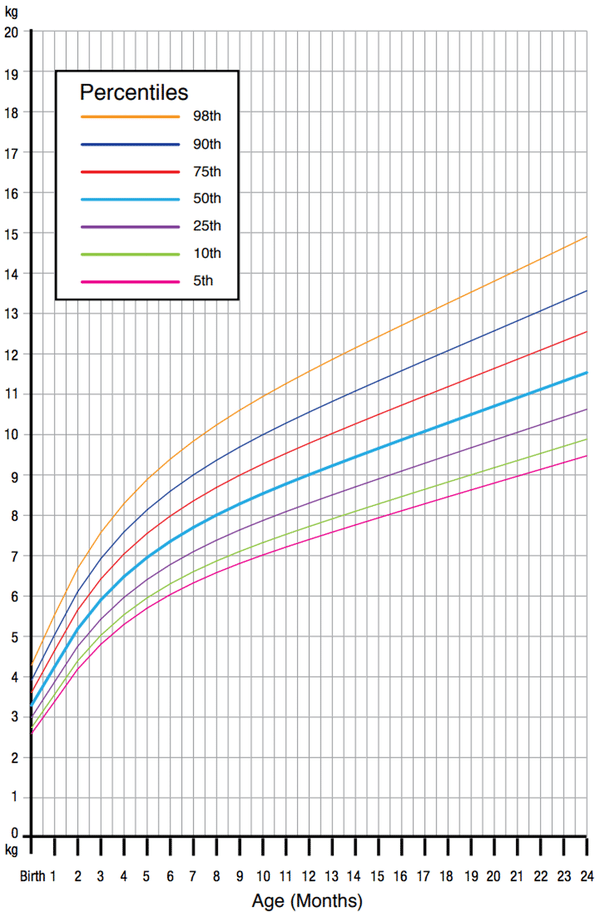Feeding: Fussy Eaters and How to Get Them to Eat

How To Tell If My Child Is A Fussy Eater?
While there is no standard definition of fussy eating clinically, some children may demonstrate behaviours that indicate a certain degree of pickiness about food.
For example:
- Eating very small food portions
- Rejecting food
- Being uncooperative when trying new foods
- Eating only limited kinds of food
- Choosing beverages over solid food
How Do I Know If My Child Is Growing Well?

As a general rule, most infants triple their birth weight and increase their birth length by 50% in their first year. From 2 years old till puberty, the average growth rate continues at about 6–8 cm per year for height, and 2 kg per year for weight.
A common misconception that parents have about children’s growth is that the 50th percentile on growth charts is the expected normal weight for every child. However, this is not true as the growth of the child is also dependent on genetics apart from nutrition. A picky eater who is growing along the 10th percentile line, but whose parents are small in size, may not be suffering from reduced growth from picky eating, but it could be related to his/her genetic potential.
“Do not be overly pre-occupied to get your child to gain weight even if they are not at the 50th percentile.”
In fact, only children with growth parameters ≤ 3rd percentile and ≥ 97th percentile will require more detailed assessments. It is also important to not focus on an isolated measurement but look at the growth of the child over time.
Why Is My Child A Fussy/Picky Eater?
- Studies have shown that breastfeeding exposes infants to a wider range of food tastes as compared to formula feeding, which helps children to accept new foods subsequently.
- It is also proposed that there is a genetic predisposition for taste sensitivity, which makes certain children avoid certain foods.
- The way parents accept food will also affect how the child gets used to new foods.
- Family dynamics, the relationship between parent and child, as well as the child’s personality will all affect how a child eats.
- Some children refuse food to get the attention of their parents, and this needs to be recognised because it may reveal underlying problems in their relationship. Forcing the child to eat often makes things worse.
- Children also often want to choose their food as they grow older as a sign of asserting independence.
How Can I Get My Fussy Toddler To Eat?
1. Optimise the appetite of your child
(a) Serve small, frequent meals and snacks instead of 3 main meals. Try going for healthier options such as cereals, fruits, yoghurt, cheese or a hard-boiled egg between meals.
(b) Only give beverages/soups at the end of the meal, to prevent their stomach from becoming too full from the liquids. Avoid giving your child sweet beverages as that can increase satiety as well.
(c) Have scheduled meal times.

be a positive experience as children are naturally inquisitive and might want to eat what everyone else is eating
2. Minimise distractions during meals
(a) Seat your child at a table/feeding chair for all meals/snacks so that they are clear on the objective of the meal.
(b) Avoid toys and screen time at all mealtimes.
3. Families should eat together for bonding purposes; it would be good to use the opportunity to teach your child about food and good eating habits at the same time.
4. Allow your child to feed and handle his or her own food. Accept the mess and avoid scolding them for it. Be patient.

5. Systematically introduce new food
New food should be introduced in small amounts. If your child refuses, offer just 1 bite without forcing. Stop after 3 attempts. Re-introduction can be done after a few days or weeks. Do note that it can take up to 10 exposures before your child fully accepts a new food.
6. Set time limits for meals
(a) Start eating within 15 mins from the start of a meal.
(b) Each meal should not last longer than 30 mins.
7. Serve age-appropriate food in proper portions e.g. palm size for each item (can increase if the child requests for more)

8. Keep your attitude neutral when feeding your child
(a) Do not appear too excited
(b) Never appear angry
(c) Do not involve rewards or punishments

Always remember that every child is unique. While parents may try their very best to get their children to eat, patience will go a long way. Be reassured also that nutritional supplements and appetite stimulants can be considered if your child’s diet is deemed insufficient for his growth, depending on advice from your paediatrician.

